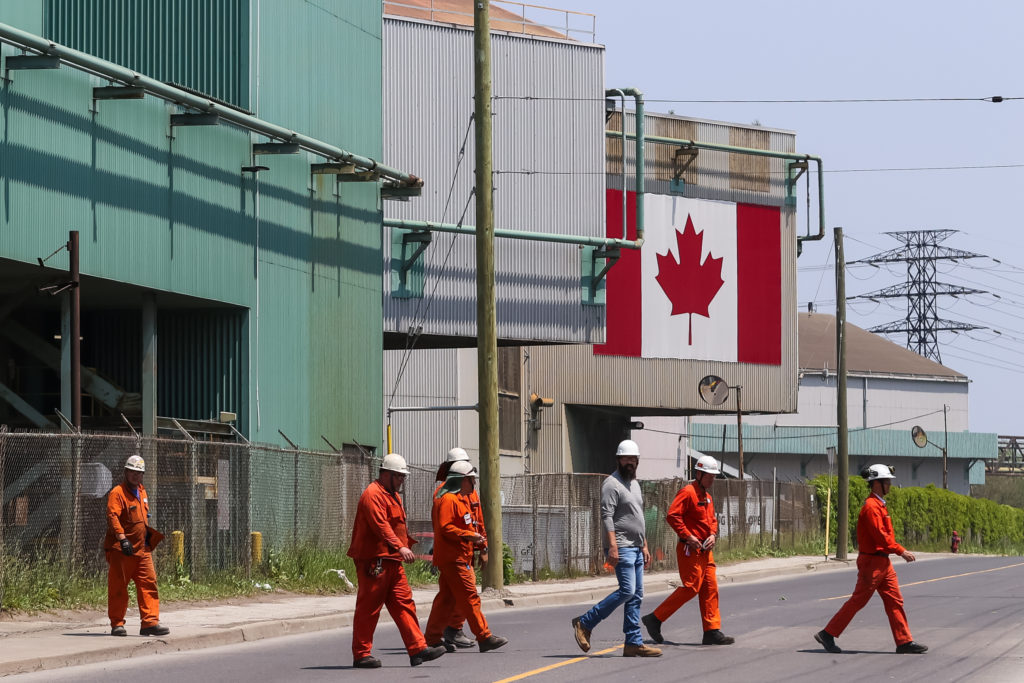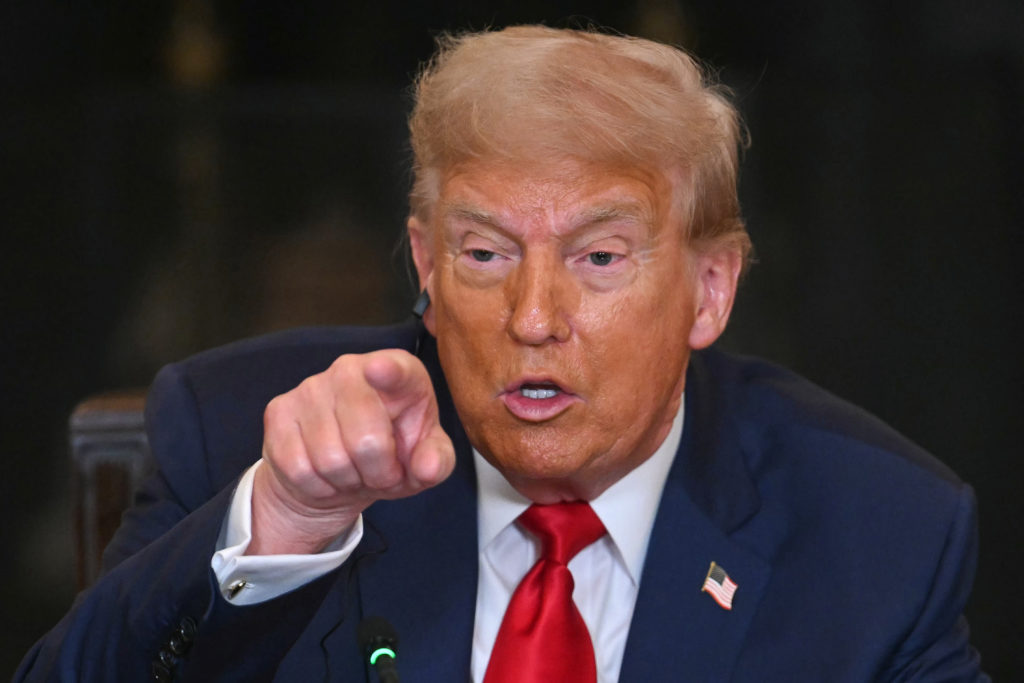‘Superman’ aims to save flagging film franchise, not just humanity
Superman is often called upon to save the world from evildoers, but in his latest big-screen incarnation, he’s also being asked to swoop in and save a franchise.James Gunn’s “Superman,” which opened in theaters worldwide this week, is a reboot aimed at relaunching the so-called DC Universe of comic book-based superhero movies, which also features …
‘Superman’ aims to save flagging film franchise, not just humanity Read More »










